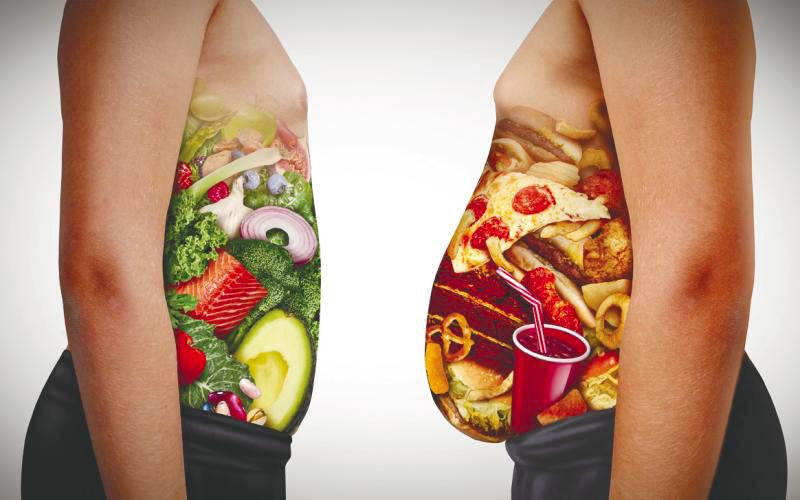WHAT exactly is “food as medicine”? Although there is no general definition of the term “food as medicine”, it is commonly believed to be the use of diet and nutrition to promote health and reduce the risk of disease or sickness.
While food cannot completely replace medication, it can be used to assist maintain, preserve, prevent, reverse, and treat disease.
Chronic diseases, such as heart disease, hypertension, and diabetes, are major causes of death and high healthcare expenses for many families.
Controlling or even preventing chronic diseases would improve our overall health, and minimize family health-care expenses.
How does food heal and protect your body?
Many nutrient-based diets support health and keep your body healthy.
Eating filling, healthy foods is crucial because their unique ingredients combine to provide an effect that cannot be reproduced by taking a supplement.
Vitamins and minerals
Although your body requires only tiny amounts of vitamins and minerals to survive, they are critical to your health.
However, Western diets are often deficient in vitamins and minerals because they are high in processed foods and low in complete foods like fresh fruit. These impairments can significantly raise your risk of disease.
Poor intake of vitamin C, vitamin D, and folate, for example, may affect your heart, cause immune dysfunction, and increase your risk of some cancers, too.
Plant elements that are beneficial
Nutritious foods, such as vegetables, fruits, nuts, and grains, contain a variety of useful components, including antioxidants.
Antioxidants shield cells from harm that could otherwise result in disease.
In fact, research shows that individuals who eat polyphenol antioxidant-rich diets have lower rates of depression, diabetes, dementia, and heart disease.
Fiber
Fiber is an essential part of a balanced diet. It not only helps with digestion and elimination, but it also nourishes the good bacteria in your stomach.
As a result, high-fiber meals such as vegetables, beans, grains, and fruits assist to prevent disease, reduce inflammation, and enhance your immune system.

Low-fiber diets, on the other hand, have been linked to an increased risk of foods such as colon cancer and stroke.
Protein and healthy fats
Protein and fat in full, healthy foods perform a variety of important roles in your body.
Amino acids, which are the building blocks of protein, help with immunological function, muscle synthesis, metabolism, and growth, whereas lipids offer fuel and aid in nutritional absorption.
Omega-3 fatty acids, present in foods such as fatty fish, assist in reducing inflammation and have been linked to better heart and immunological health.
Medicinal foods
Transitioning to a whole-foods diet can benefit your health in a variety of ways. Foods with particularly potent health benefits include:
Berries . Numerous studies have found that berries' nutrients and plant components help to fight sickness. In fact, berry-rich diets may protect against chronic diseases such as cancer.
Vegetables with crucifers. Antioxidants abound in cruciferous vegetables such as broccoli and kale. Consuming a lot of these vegetables may lower your risk of heart disease and help you live longer.
Fatty fish. Salmon, sardines, and other fatty fish prevent inflammation due to high quantities of omega-3 fatty acids, which help protect against heart disease.
Mushrooms. Compounds found in mushrooms, such as maitake and reishi, have been proven to improve your immune system, heart, and brain.
Spices. Turmeric, ginger, cinnamon, and other spices are high in plant components. Turmeric, for example, has been shown in tests to help cure arthritis and metabolic syndrome.
Herbs. Herbs such as parsley, oregano, rosemary, and sage not only provide natural flavors to recipes, but they also contain numerous health-promoting chemicals.
Green tea. Green tea has been widely examined for its outstanding benefits, which may include reduced inflammation and a lower risk of disease.
Many other foods have been examined for their therapeutic effects, including nuts, seeds, avocados, olive oil, honey, seaweed, and fermented foods.
The simplest method to enjoy the medical advantages of food is to simply switch to a diet rich in natural foods like fruits and vegetables.










